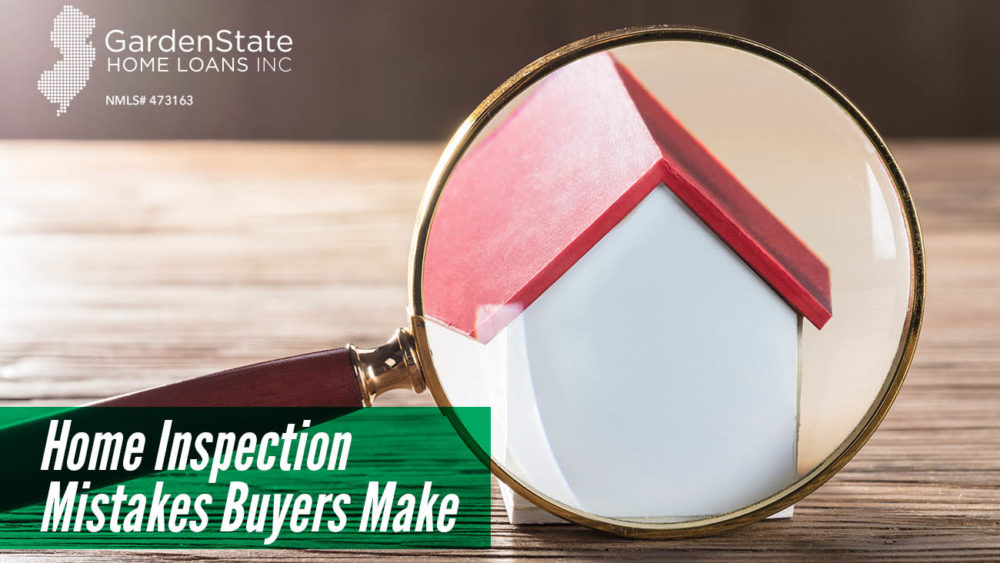Home Inspection Mistakes
A home inspection is an essential step in the home buying process that shouldn’t be overlooked or rushed. Here are some common mistakes buyers might make during the home inspection process.
-
Not getting an inspection
Most people know to get an inspection when buying a home from another person. However, many buyers tend to skip an inspection when they are buying a new construction. No home is completely devoid of issues, even new constructions. You should also consider extra inspections needed for your property, should it include things that are not included in a normal inspection. This includes pools, septic systems, wells, or other issues.
-
Choosing the cheapest option
Be wary of home inspectors with extremely low prices. These low prices could indicate that the inspector is new and doesn’t have experience. It could also mean that they are having trouble finding clients. However, this doesn’t mean you can’t go with a cheaper option. Do your research on possible companies to find out who is the best option for you.
-
Not being present
An inspector must report on everything and compose a detailed report with pictures. However, it is important to also be present during the inspection. This way, you are able to hear the inspector’s comments directly and can ask the inspector any questions you have.
-
Being too involved
However, it is possible to be too involved. If you spend the time talking to the inspector too much, it may distract them from the inspection, and cause them to miss something.
-
Expecting a perfect report
Every home has flaws. In fact, an inspection can uncover as many as 50 to 100 deficiencies. Be prepared to get a list of things that may need to be repaired. Make sure to ask questions about the magnitude of each issue, so you know which items to repair first.
-
Focusing on the wrong things
Negotiations can be made in the purchase price of the home to include repairs on what the report reveals. However, you shouldn’t include every issue to your negotiation price. Sellers are more receptive to a reasonable list of demands, so stick to things that are significant issues, such as problems with the roof, foundation, or HVAC system.
-
Not getting reinspected
Once the negotiated repairs have been completed, you should have another inspection. Many times, all negotiated repairs will not actually be completed. Having a follow-up inspection will give you peace of mind that everything is functioning properly.


Comments are closed.